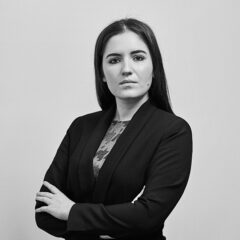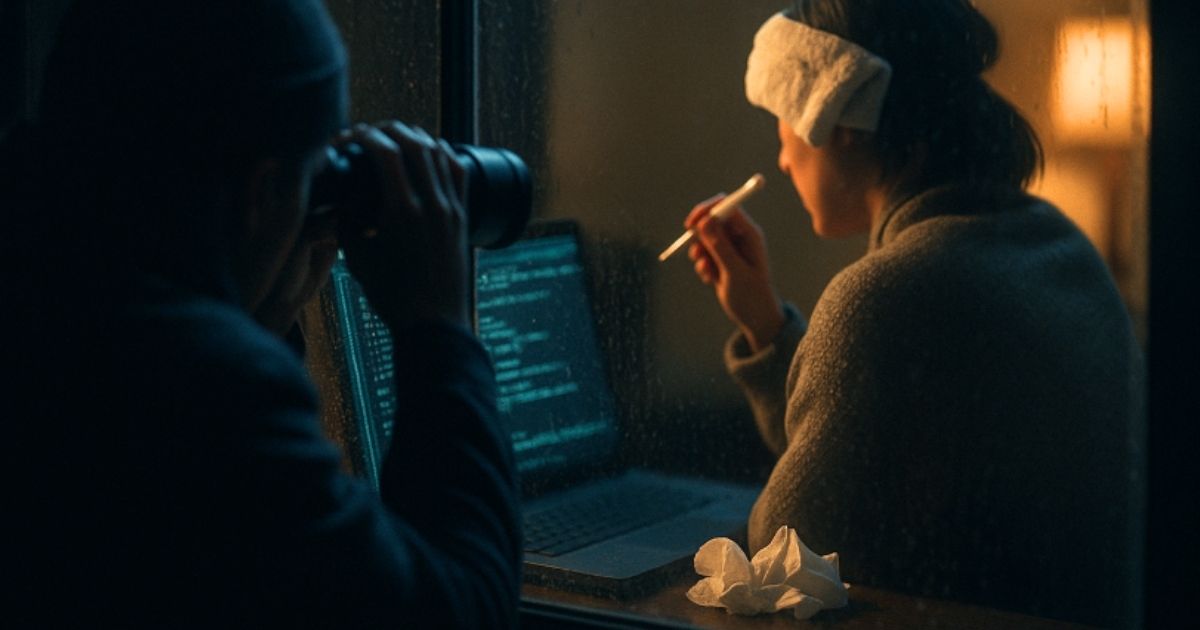Abstract
Is it permissible to have an employee on sick leave placed under surveillance? And under what circumstances?
The recent ruling of the Italian Supreme Court No. 23578/2025, clarifies when private investigations are lawful and when, instead, they infringe upon the employee’s rights.
In this article, we explain the boundaries, the elements an employer must hold before acting, and why the medical examination by INPS (National Social Security Institute) often remains the only truly safe path.
Is it lawful to shadow an employee on sick leave?
The issue of investigations into employees on sick leave has always been a delicate one, requiring the employer to move along a fine line:
on the one hand, the company’s legitimate interest in protecting itself against improper conduct;
on the other hand, the employee’s right to privacy and dignity, particularly during periods of illness.
This had already been addressed in the contribution “Investigative activities on the employee: what the employer can do (and how to do it properly)”, where the prerequisites, responsibilities and limits of workplace monitoring were outlined. The Supreme Court No. 23578 of 20 August 2025 now offers an opportunity to reflect on investigations concerning sick employees, and on the legal and operational limits of such actions.
The case concerned the dismissal of a manager, on sick leave, who on several occasions failed to comply with the statutory obligation of availability during the prescribed time slots. The employer, suspecting misconduct, engaged a private investigator, who produced a report documenting continuous and highly intrusive surveillance lasting over fifteen days. The investigations were carried out even during Christmas and Boxing Day, from early morning until late at night, involving not only the employee but also his family members and acquaintances.
Faced with these elements, the Court of Appeal took a firm stance, finding that both the employer and the investigator had overstepped all boundaries, conducting surveillance that was “manifestly invasive of the employee’s private life.” The Court therefore upheld the previous decision, annulled the dismissal, and ordered the employer to pay the employee sixteen months’ salary plus the indemnity in lieu of notice.
In short, surveillance of a sick employee can turn into an abuse if it is not justified, proportionate, and respectful of the worker’s private sphere.
When may a private investigator be engaged?
The Supreme Court (No. 23578 of 20 August 2025) confirmed the Court of Appeal’s decision in full, reiterating that investigative monitoring of an employee on sick leave may be admitted only under strict conditions. To do so, the Court referred to two key precedents: Judgment No. 18168/2023 and, above all, No. 25732/2021, which laid down the general principles applicable to defensive monitoring of employees.
According to the Court, monitoring is lawful only if it:
- is targeted and carried out ex post, i.e. “following the unlawful conduct of one or more employees, of whose occurrence the employer has a well-founded suspicion” (Cass. No. 25732/2021, paras. 40 and 44);
- is based on circumstantial evidence, existing prior to the investigative assignment, and not on mere doubts or generic impressions;
- is aimed at ensuring “a proper balance between the protection of corporate interests and assets, linked to the freedom of economic initiative, and the essential safeguards of the employee’s dignity and privacy,” a balance that “cannot disregard the circumstances of the specific case” (paras. 36 and 38 of the above-mentioned judgment);
- concerns data acquired only after the suspicion has arisen, as expressly clarified at para. 51 of the same judgment.
In summary, the Supreme Court held that mere suspicion or intuition is insufficient: a concrete, antecedent, and documentable basis is required.
Moreover, the investigation must remain within reasonable temporal and territorial limits, and must not become pervasive or continuous surveillance.
Any overstepping of these limits renders the evidence gathered unusable in disciplinary proceedings. The violation of such rules amounts to an infringement of the employee’s fundamental rights and, consequently, to procedural defeat for the employer.
The different types of employee monitoring
This decision is part of a consolidated line of case law that draws a clear distinction between direct monitoring and defensive monitoring.
- Direct monitoring is carried out “to protect company assets and concerns all employees (or groups of employees) in the performance of duties that put them in contact with such assets.” Such checks must comply fully with Article 4 of the Workers’ Statute, which regulates the use of audiovisual systems and other tools capable of remote surveillance of work activity.
- Defensive monitoring, on the other hand, is “aimed specifically at detecting unlawful conduct attributable – on the basis of concrete indications – to individual employees, even if occurring during the performance of work.” Because they do not concern normal work activity, such checks fall outside the scope of Article 4 (Cass. No. 25732/2021, paras. 31 and 32).
It is precisely in this latter sphere – targeted defensive monitoring – that the Supreme Court allows the involvement of a private investigator or the use of technological surveillance tools, provided the activity is proportionate and supported by serious and specific evidence.
This distinction is crucial: the lawfulness of an investigation depends on its purpose and on the proportionality of the means employed. In the case at hand, the company had initiated indirect monitoring to verify compliance with availability time slots, in order to prove unjustified absence. On this point, the Court was explicit: where the aim is such verification, the employer already has at its disposal an appropriate, proportionate, and less intrusive instrument namely, the INPS medical examination provided for by Article 5 of the Workers’ Statute.
Medical examination or private investigator? It depends on the evidence
What, then, is the practical guidance for those managing staff?
The message of the Supreme Court No. 23578/2025, is less punitive than it may appear. The judgment does not exclude the possibility of employing a private investigator against an employee on sick leave, but imposes that this occurs only in the presence of concrete and documentable evidence. Put differently, surveillance is permitted only if justified by serious, specific, and pre-existing indications.
Conversely, when the sole purpose is to verify compliance with availability slots, the case law points clearly to a legitimate and proportionate route: the INPS medical examination, as provided for by Article 5 of the Workers’ Statute. It is less intrusive, yet procedurally sound and sufficient to achieve the aim.
Therefore, the choice between medical examination and private investigation depends on the nature of the evidence available. If there are only generic suspicions, the law admits only the path expressly provided for. If, however, suspicious conduct has already emerged in the facts, the employer may consider a more incisive defensive check – provided it remains proportionate, targeted, and justifiable.
The golden rule? Mere suspicions are not enough. At least concrete evidence of a fraudulent illness is required. Only then does subsequent investigation become lawful and, above all, valid in court.
© Canella Camaiora S.t.A. S.r.l. - All rights reserved.
Publication date: 11 September 2025
Textual reproduction of the article is permitted, even for commercial purposes, within the limit of 15% of its entirety, provided that the source is clearly indicated. In the case of online reproduction, a link to the original article must be included. Unauthorised reproduction or paraphrasing without indication of source will be prosecuted.

Debora Teruggia
Laureata presso l'Università degli Studi di Milano, praticante avvocato appassionato di Diritto del Lavoro e Diritto di Famiglia.
